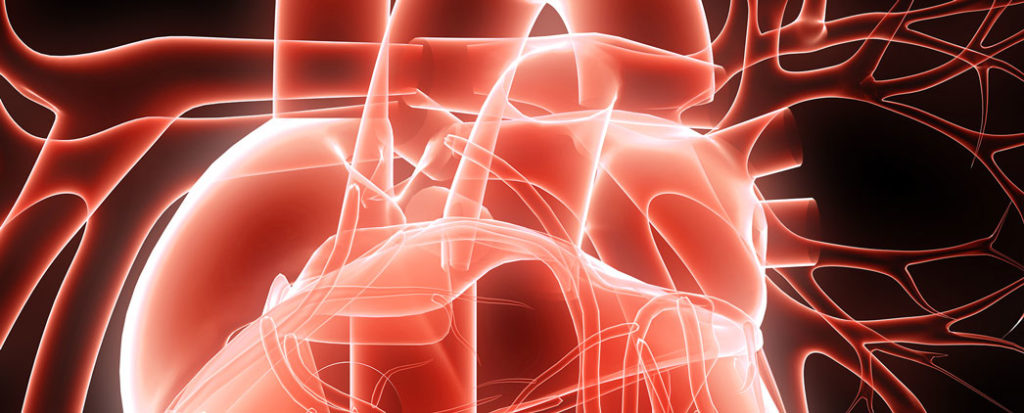Introduction: The relationship between ABO blood group and Rhesus status with survival outcomes in patients with heart failure (HF) managed with CRT-P/D remains unclear. Understanding this association could provide valuable insights for developing innovative therapeutic approaches, guiding risk-stratification methods, and predicting clinical response to treatment. This retrospective single-centre observational study aimed to evaluate the role of ABO blood group and Rhesus status in patients with HF with CRT-P/D.
Methods: A total of 499 patients with HF who received successful CRT- P/D implantation were included in this study. Patients were followed- up for a median of 4.6 years (IQR: 2.3–-7.5) after CRT-P/D, with over 10% of patients having follow-up ≥10 years. The primary endpoint was a composite of all-cause mortality and/or heart transplantation/LV assistant device. Sub-analyses were conducted for device indication (primary versus secondary prevention), device type (CRT-P versus CRT-D), and underlying HF aetiology (ischaemic versus non-ischaemic). The NHGRI-EBI Catalog of human genome-wide association studies (GWAS- Catalog) was searched for reported associations with clinical traits and the ABO and Rhesus gene. The Drug Gene Interaction Database was searched for druggability status and the presence of targeting drugs.
Results: The mean patient age was 66.4 ± 12.8 years with a LVEF of 29 ± 11%. Patients were grouped according to blood group (O, A, B, and AB) and Rhesus status (Rh-positive and Rh-negative). There were no baseline differences in age, gender, or cardioprotective medication. On multivariate analysis, female gender (HR: 0.74 [0.56–0.98] p=0.038), LVEF (HR: 0.98 [0.97–0.99] p<0.001), QRS ≥150 ms (HR: 0.51 [0.40–0.66] p<0.001), and Egfr ≥60 Ml/min (HR: 0.62 [0.47–0.82] p<0.001) were significantly associated with reduced all-cause mortality and/or heart transplant/LVAD. In addition, Rh-negative blood group was associated with significantly greater survival (HR: 0.68 [0.47–0.98] p=0.040), while no association was observed for the ABO blood group (HR: 0.97 [0.76–1.23] p=0.778). There was no significant interaction with prevention, disease aetiology, and presence of defibrillator. Additionally, our search identified Rhesus-related genes to be associated with erythrocyte and platelet function, as well as cholesterol and glycated haemoglobin levels. Four drugs under development targeting the RHD gene were identified (rozrolimupab, roledumab, atorolimumab and morolimumab).
Conclusion: Rh-negative blood group was found to be an independent predictor of improved survival in patients with HF and CRT-P/D. To our knowledge, this is the first report of such an association, indicating the need for further investigation into the underlying Rhesus-associated mechanisms and the development of drugs targeting these pathways. These findings may ultimately align with the paradigm of precision medicine and genotype-guided treatment in the management of HF. ❑














